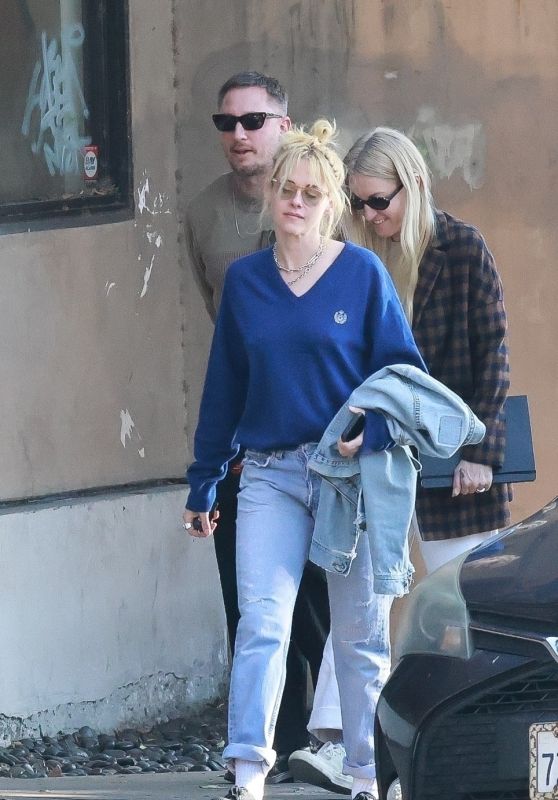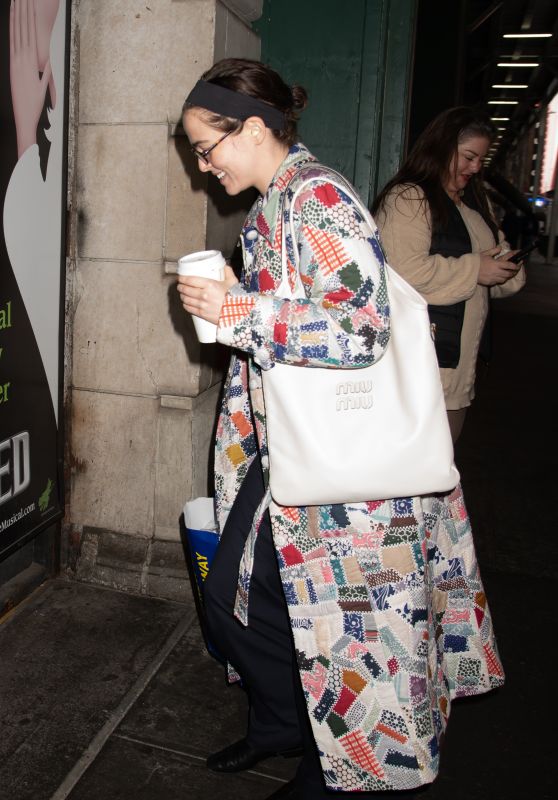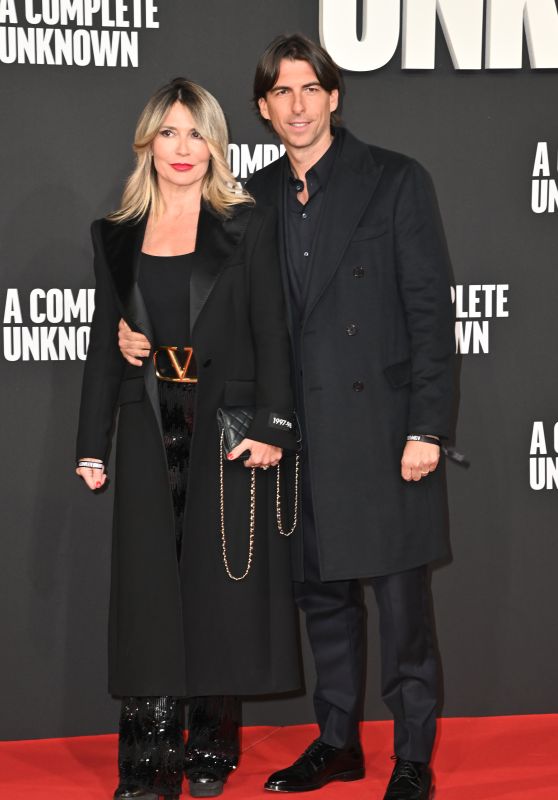Snoop Dogg has some words for musicians and producers that are making songs that sample the hit records of yesteryear.
The legendary rapper and Dr. Dre sat down with Stephen A. Smith to talk all things music on the Stephen A. Smith Show. After Dr. Dre spoke about how a lot of today’s music sounds the same because many artists use the same computers and software to make the music, Snoop chimed in with his thoughts about sampling.
“Most of these hit records are based off a sample,” explained Snoop. “You taking somebody’s music that was a hit and redoing it and now they’re fucking it up.”
Dr. Dre chimed in to remind Snoop that this phenomenon wasn’t new. “We did that too,” he butted in — causing Snoop to go a bit more in-depth about his issue with the sampling going on in today’s hip-hop. “It ain't like they make it better,” he began. “We complemented the sample we used, If we took a sample from somebody, we didn't make your record depreciate because you made more money and because you had more eyes to it.”
The conversation of whether sampling is right or wrong in hip-hop is a tough one because it has existed since the inception of the genre. Complex recently spoke to producer Jarred Jermaine about his thoughts, in which he said, “It actually does take talent to manipulate another song into a new piece of creative content, which is a new song for a new generation. A lot of samples actually are changed. They add things to it; they take things out; they chop it up. I think when people visualize samples, they [think artists] just copy and paste.”
Elsewhere in Dr. Dre and Snoop’s interview, Dr. Dre explained his stance on whether multiple producers should be on one artist’s album. “I like the idea of one producer on an album,” he admitted. “If you’re a producer you should be able to produce the whole album.
“That’s what I thought it was supposed to be,” he continued. “I don’t like the fact that there’s nine different producers on one album.”
 3 months ago
19
3 months ago
19




















 English (US) ·
English (US) ·